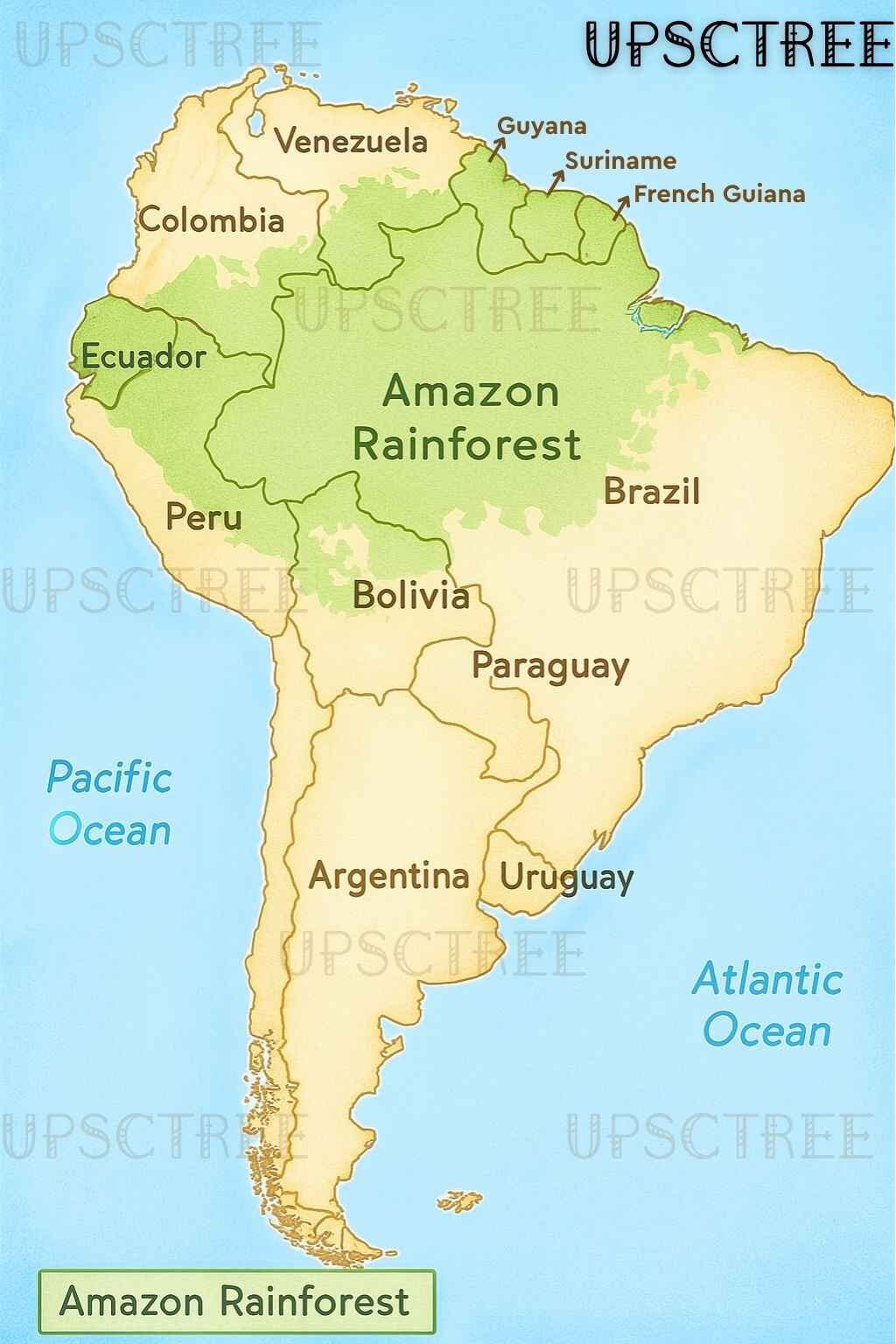Oil vs Environment:
Deep in the heart of South America, a silent war is raging—between oil and the environment. The Amazon rainforest, often called the “lungs of the planet,” is now the epicenter of an oil rush. Beneath its emerald canopy lies immense wealth—nearly 20% of the world’s newly discovered oil reserves. But what lies above is even more precious: rivers teeming with life, ancient trees, and over 385 indigenous ethnic communities calling it home.
 In August 2023, eight Amazonian countries—members of the Amazon Cooperation Treaty Organization (ACTO)—met in Belem, Brazil, for the first time in 14 years. Their dilemma? How to reconcile the promise of oil riches with the peril of environmental ruin.
In August 2023, eight Amazonian countries—members of the Amazon Cooperation Treaty Organization (ACTO)—met in Belem, Brazil, for the first time in 14 years. Their dilemma? How to reconcile the promise of oil riches with the peril of environmental ruin.
⚠️ A Forest Under Siege
From Venezuela’s Orinoco belt to Peru’s Maranon River, oil pipelines snake across fragile landscapes—many of them decades old, corroded, and prone to failure. Thousands of oil spills over the past 50 years have blackened rivers, poisoned soils, and accelerated deforestation.
In Ecuador, a catastrophic oil spill in March 2025 turned the coast of Esmeraldas into an ecological disaster zone. Despite a 2023 referendum halting oil drilling in the Yasuní National Park, remnants of infrastructure still litter this UNESCO Biosphere Reserve.
In Colombia, President Gustavo Petro spoke of forming an “Amazon NATO”—a protective alliance for the rainforest—even as sabotage and spills continue to desecrate sacred rivers like the Putumayo.
Meanwhile, Guyana, on the brink of new exploration near the Branco River, passed a strict Oil Pollution Prevention Bill, holding oil companies financially and legally accountable for any damage.
🇧🇷 The Brazil Dilemma
Brazil, holding 60% of the Amazon and ranked as the seventh-largest oil producer, stands at a crucial crossroads. Petrobras, the state oil giant, awaits permission to drill near the mouth of the Amazon River, where nutrient-rich waters feed delicate marine ecosystems.
Environment Minister Marina Silva, an Amazonian native, is firmly against it. But President Lula da Silva offers a balancing act: “We won’t harm nature—but we can’t ignore the wealth beneath us.”
🌿Green Dreams vs Black Gold
For ACTO countries, oil revenues are vital for development and social welfare. But the cost of careless extraction is too high. What they need is not abandonment—but accountability.
That’s why the recent BRICS Summit in Brazil and the upcoming COP30 in Belem are pivotal moments. Here lies the chance to demand:
- Stronger safeguards against environmental negligence
- Transparent, ethical oil exploration
- Financial support from wealthier nations to protect one of Earth’s last great wildernesses
💡 A New Approach: “Clean After Energy”
The road to a green future isn’t about slamming the brakes—it’s about steering wisely. As the world moves toward renewable energy, Amazonian nations must ensure their transition doesn’t leave behind a wasteland. Before we go clean, we must clean up.
Because when the forest falls silent, the world will hear the echo.


